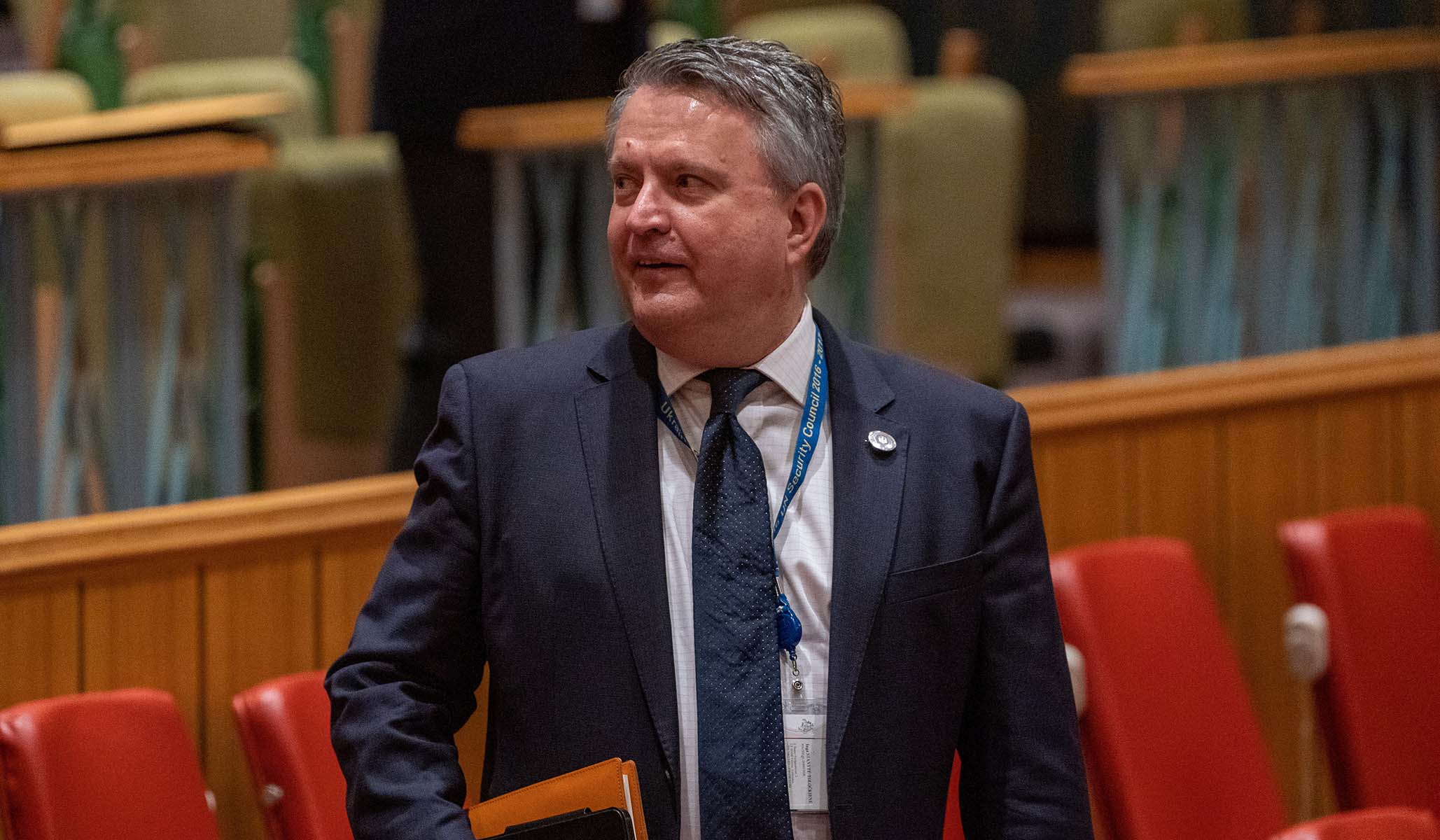


At the one year mark of the invasion, Ukrainian efforts to secure Russia’s removal from the Security Council continue. In an op-ed for Time this week, Ukrainian members of parliament Alona Shkrum, Dmytro Natalukha, and Lesia Vasylenko press the case that Kyiv’s diplomats have made since the outset of Russia’s military campaign:
According to Article 4 of the U.N. Charter, new member states must be admitted by a vote of the General Assembly. But Russia avoided this by claiming to continue the membership formerly held by the USSR.
That’s despite the Supreme Soviet of the USSR proclaiming on Dec. 26, 1991, that “the USSR as a state and as a subject of international law ceases to exist.” More than a dozen new independent states emerged after the Soviet Union’s dissolution, Russia being just one of them. Others like Georgia and Belarus, for example, had to be approved by the General Assembly to join the U.N., but Moscow simply changed the nameplates from “USSR” to “Russia Federation” and hoped the world would look past it.
While the concept of successor states has a long history, when it comes to U.N. membership, only Russia has gotten away with tacit rather than formal consent to take the place of its predecessor. When Czechoslovakia and Yugoslavia each dissolved, every one of the countries that emerged from those former blocs had to be admitted to the U.N. by resolution before the General Assembly.
Russia’s illegitimate presence in the U.N. — and even worse, as a permanent member of the Security Council—has had disastrous consequences. It exploits the U.N. both as a platform for its propaganda and to block via veto power any attempts by the international community to counter its predatory behavior.
Their piece goes on to argue that Russia’s continued presence on the council is hastening the process by which the body is making itself irrelevant. Yet, the political will to oust Russia from the body doesn’t exist, and whatever the legal basis for doing so, there’s currently no path for the U.S. and its allies to do so.
The Ukrainian government recognizes this, as Ukraine’s ambassador to the U.N., Sergiy Kyslytsya, told me last year. But there’s a method in pushing this currently unattainable goal:
Kyslytsya acknowledged that Russia’s expulsion will not come to pass for the time being, citing the lack of interest among Western countries, including the U.S., the U.K., and France. “But it doesn’t mean we may meet in a month or a couple of months from now and their positions may [not] be modified.”
Where this may become particularly important, he said, is when a new Russian government one day comes to power, perhaps claiming a break with Putin’s legacy. Pointing to the 1990s and Putin’s rise to power, he said the world cannot just go back to business as usual and pretend as though nothing has happened, accepting promises from a purportedly democratic regime.
“That is why this highway that we tried to build of accountability is very important, so that it is so deep, deeply ingrained already in the texture of the international business, international relations, international policy towards Russia that it would be impossible to ignore it,” Kyslytsya explained, adding that this is why it’s important for these bodies to gather and preserve evidence in anticipation of a future international tribunal.
